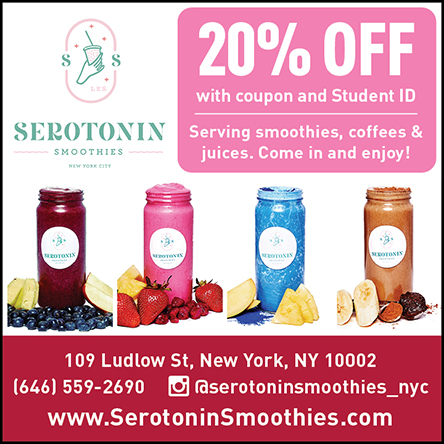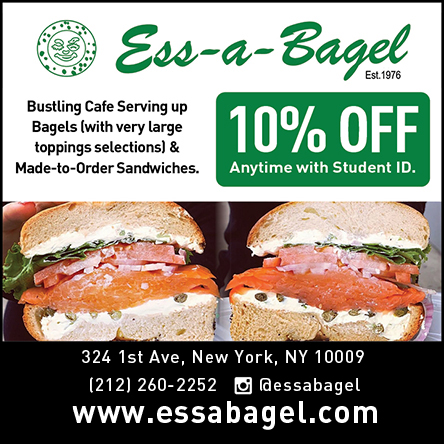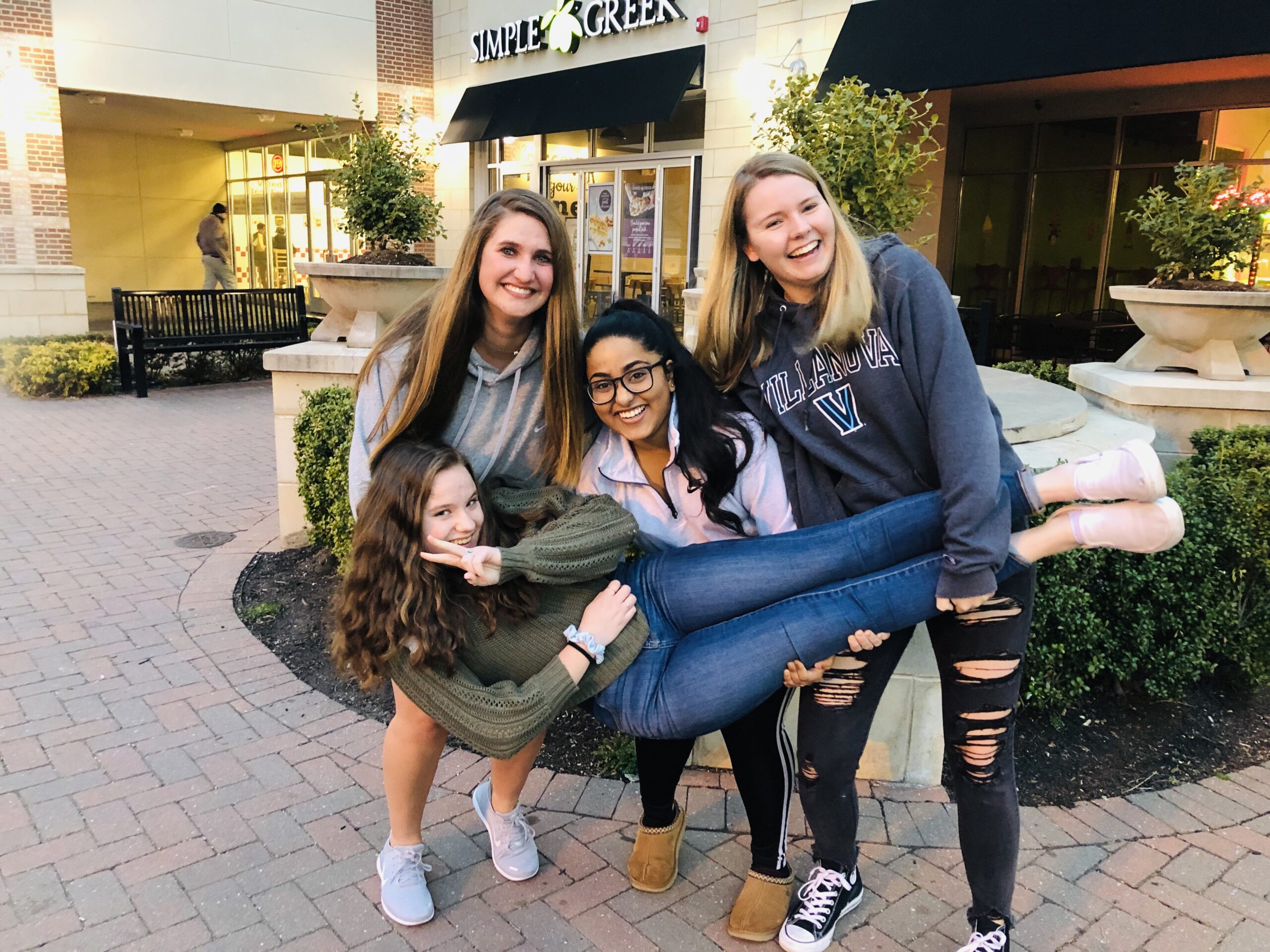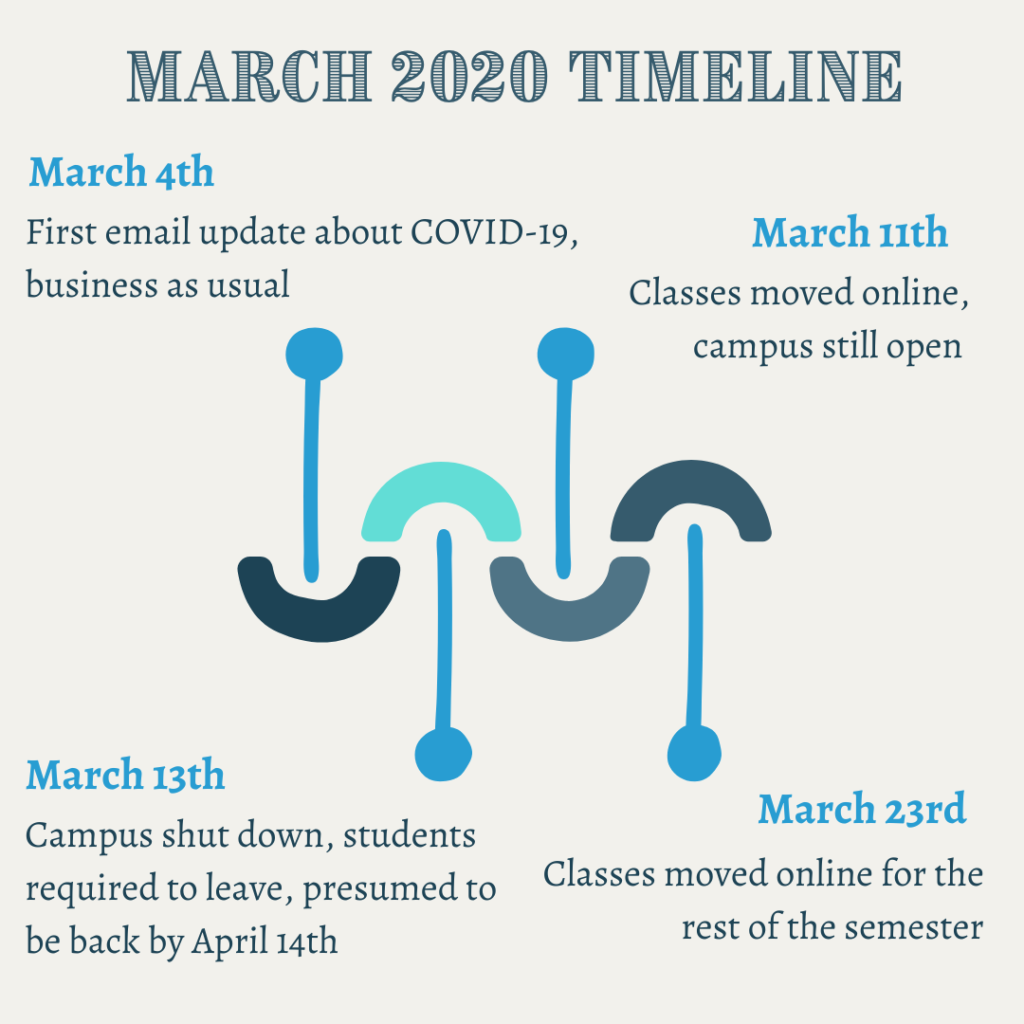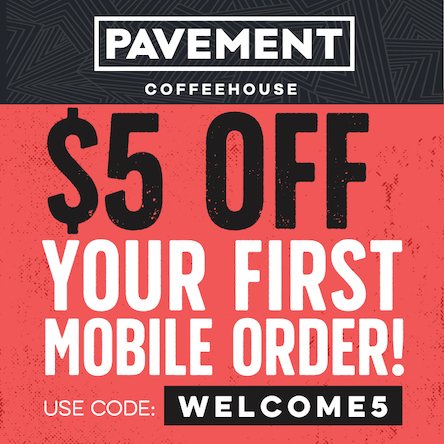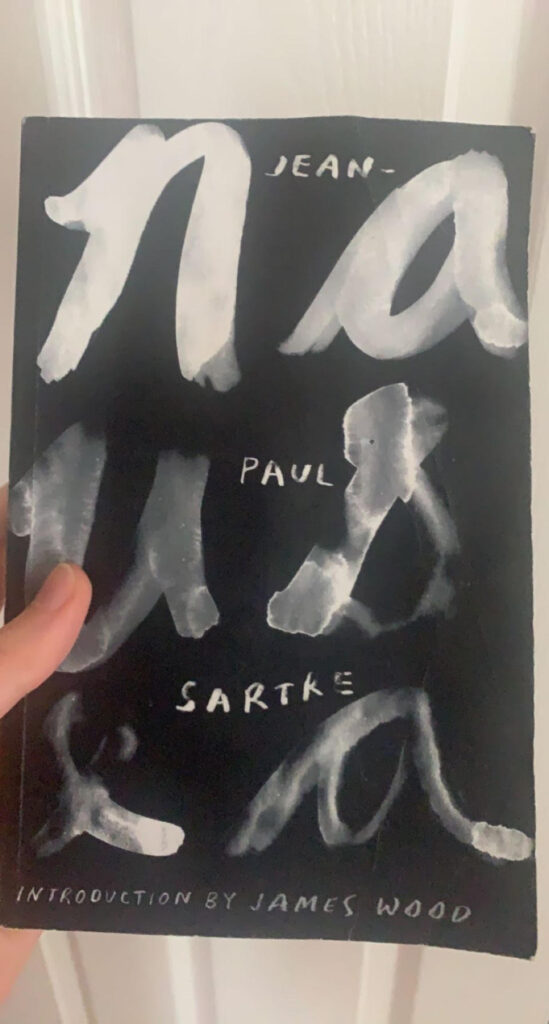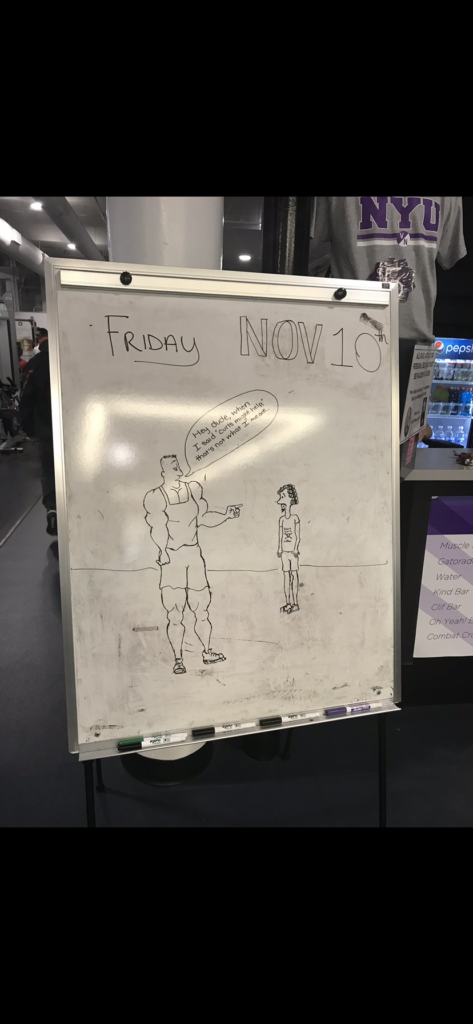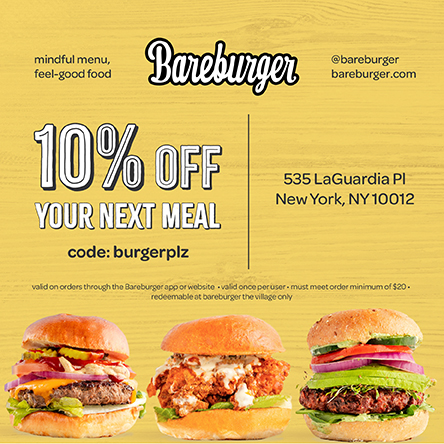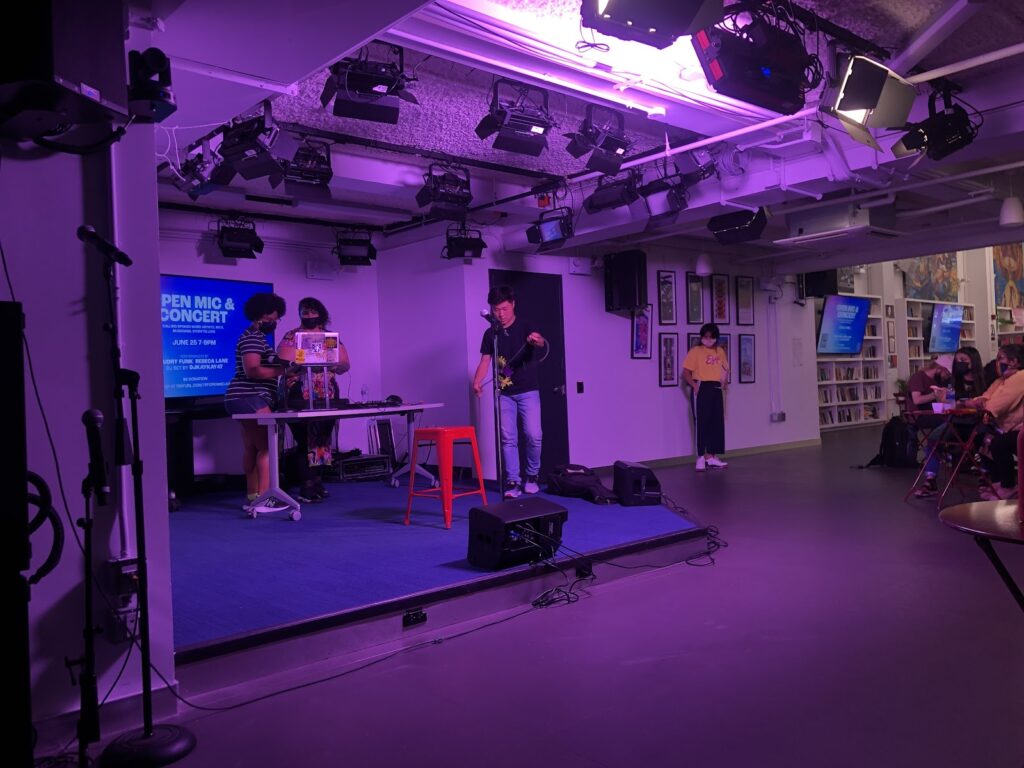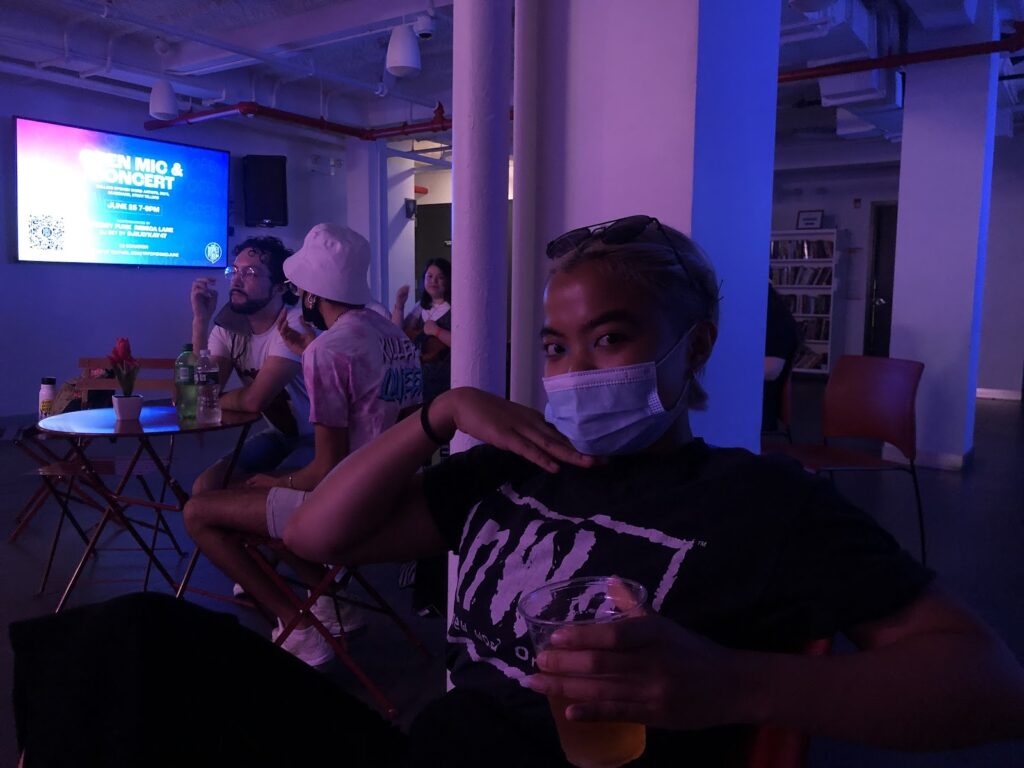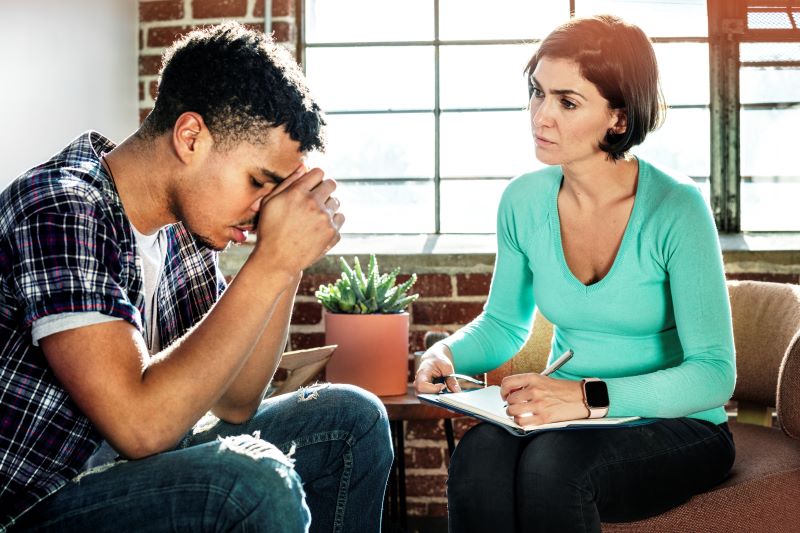When I was at dance a few weeks ago, I was looking at myself in the mirror and made a passing comment about how I wished my stomach was thinner. This immediately got a reaction from all of my friends around me.
“No, you’re so pretty though!”
“At least you have nice arms.”
“Same, I look so ugly.”
Everything they hated about their bodies were things that I hated about mine at one point; everything they said to tell me how pretty I was were things that I have said countless times to countless people. Despite our best efforts and our growing knowledge on the subject, we still attached body image, health, and beauty as one big package as if we couldn’t have one without the others. Even comments meant to build others up are, in one way or another, tied to this idea that we have to be skinny and fit to be beautiful.
I have always been a very healthy person and have enjoyed being active throughout my life. My lifestyle often reflected itself in my weight. I used to tie how healthy and beautiful I was to the number on the scale. This mentality was also held by the people around me, with my mother especially always encouraging us to be fit. This became a problem when COVID-19 hit and I had to quarantine in my home. I lost my healthy lifestyle and have struggled to gain it back since. This has resulted in a lot of weight gain and, with the weight, came the anxiety around how I looked.
It’s hard to fight the thoughts telling you that you’re ugly and pathetic when everything around you seems to be agreeing with them.
This became even more difficult when I came back to dance and realized that almost every other person was skinnier than me. I felt like I stuck out like a sore thumb and this did not help my feelings of inadequacy and ugliness. I was suddenly uncomfortably aware of the weight I had gained and, even if no one else noticed, it frequently sent me into spirals of negative self talk about my body.
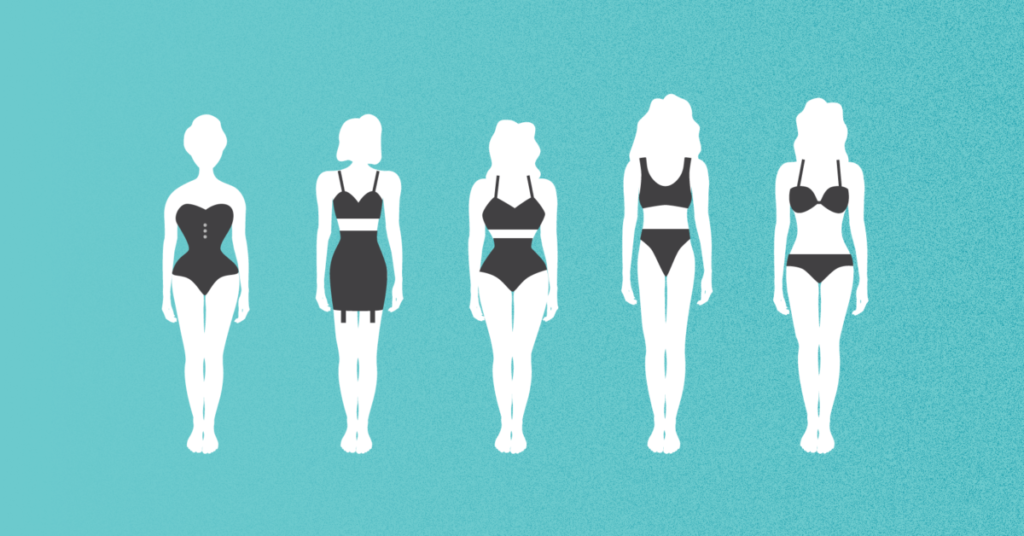
The beauty standards of today are impossibly warped. We have been conditioned to believe that one specific body type is the best and everyone without it is ugly. This especially affects women, who feel pressured to conform to society’s beauty standards because that is sometimes the only thing that is valued. However, with the ever-changing standards, many women feel like nothing is good enough – they are constantly being asked to change themselves for everyone else. According to an article published by Bradley University, “the “perfect” woman was described as 5’5”, 128 pounds, with a 26-inch waist” which is nearly impossible to achieve. Beauty standards do not only affect women. Oftentimes, men are also facing unrealistic standards pushed by the fitness and fashion industry. All of this results in a mix up of what is healthy and what is beautiful and people seem to think that they go hand in hand.
I soon came to realize that it wasn’t just my weight or my body type that was bothering me, but my ability to move. Oftentimes, when I said “I’m so fat,” what I actually meant was “I don’t feel like I can move the way I used to.” I found it harder to perform certain dance moves the way I used to. I found it more difficult to stretch or reach or even leap the way I was used to. During one of my first rehearsals after quarantine, I was doing a stretch and found it extremely difficult to do. Because I had more weight around my waist, I wasn’t able to bend the way I used to without it getting in the way. This revelation coupled with a surge of anxiety almost had me crying in the middle of practice. I felt like I was losing my ability to do what I wanted to do and, with it, any chance I had of being beautiful.
I know I’m not the only one who thinks like this. The amount of times I’ve made a comment about feeling fat only to have the rebuttal be “but you’re beautiful” is too numerous to count. According to a blog post on Beauty Schools Directory, children as young as four can develop weight bias and see it as a negative thing to be heavier. It’s ingrained in our society and impacts how we think about both health and beauty. The fitness industry doubles down on this ingrained mindset by selling us the idea that health equals skinny and that’s what makes you attractive. It’s very easy to get caught up in the cycle of thinking that all of these things are tied together.
It’s taken me a long time to separate my weight from my health and my health from my confidence in my looks. I’m still working on it every day. However, I’ve slowly begun to accept that health and beauty are two separate things. One does not dictate the other. You are not ugly just because you picked a burger over a salad, and you are not healthy just because you fit society’s idea of beauty. This realization has helped me reframe how I think about myself and my goals. Now, instead of thinking about how I wish my stomach was thinner, I can say that I wish I had more core strength to be able to do more dance moves. This gives me a clear goal to work towards while separating how I look and how I feel. I am slowly learning to make lifestyle changes for my own health and goals rather than what I think will make me beautiful. I already am beautiful.
Takeaway: Health and beauty are separate and one does not dictate the other.
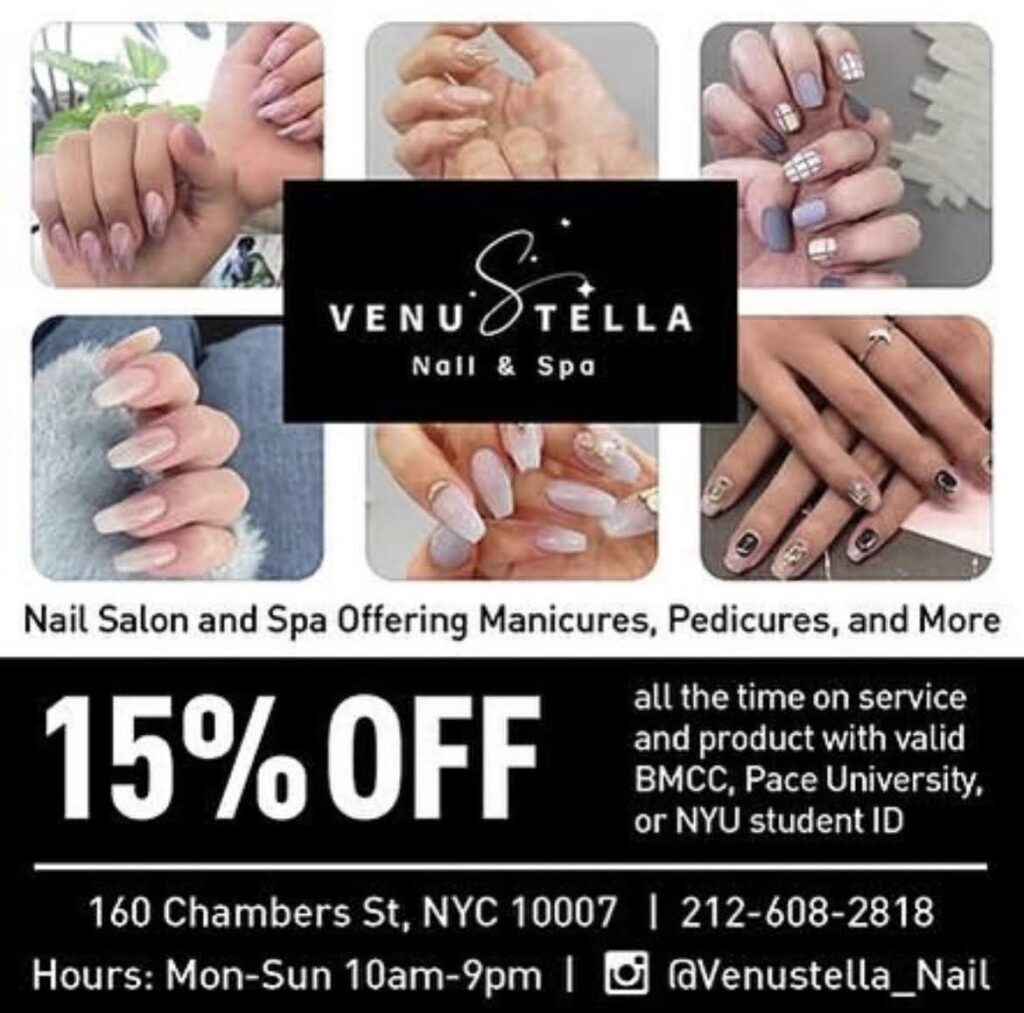
By: Callie Hedtke
Callie is going to be a senior at DePaul University studying Graphic Design. She loves dancing and can usually be found at her school’s gym rehearsing for her next dance show. If she’s not there, she can be found at her computer playing video games with her friends or out hiking with her family.
For over 20 years, the Campus Clipper has been offering awesome student discounts in NYC, from the East Side to Greenwich Village. Along with inspiration, the company offers students a special coupon booklet and the Official Student Guide, which encourages them to discover new places in the city and save money on food, clothing, and services. At the Campus Clipper, not only do we help our interns learn new skills, make money, and create wonderful e-books, we give them a platform to teach others. Check our website for more student savings and watch our YouTube video showing off some of New York City’s finest students during the Welcome Week of 2015.


